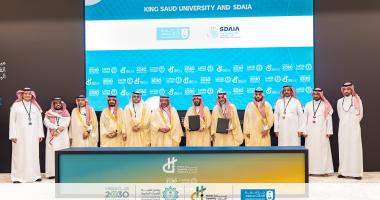The German Language Program:
German is one of the most prominent languages in the world. It is the mother tongue of more than 100 million people worldwide. It is the most widely spoken mother tongue in the European Union. German, in conjunction with French, is the second most common foreign language in the European Union after English, making German the second most prominent language in the European Union based on the total number of native speakers who have learned it after English. It is the second most taught foreign language in primary education in the European Union after English (but it ranks third after English and French in secondary education). It is the fourth most taught language in the United States (after Spanish, French and American Sign Language). German is the second most important language of science and the second most used language in publications and academic research. It is the second most used language on websites after English and is the fifth most popular language in the world, where all new books are published. (This includes all e-books in German).
The German language has its roots in the Indo-European language family to which multiple linguistic groups belong, and the German language belongs to the Germanic language group with other languages such as English, Dutch, Danish, and Swedish. The first stages of the history of the German language began after its separation from the Germanic languages and the birth of the Old German language (750AD – 1050AD). The German language developed until it reached the modern German language.
The Arab world has friendly and close relations with German-speaking countries, perhaps because recent history lacks clashes with those countries. But this is not the only reason for the growing interest in learning German in the Arab world. There is also a high percentage of German-speaking tourists in Arab countries (in Egypt, for example, they account for more than 30% of tourists), and studying in German-speaking countries, especially in Germany, attracts many from Arab countries. (Also, Germany and German-speaking countries attracts many Arab students.) According to statistics, there are more than 250 thousand learners of German in the Arab world, of whom more than 6 thousand majored in the study of German Language Sciences (Germanic sciences).
About 20 Arab universities offer bachelor's, master's, and doctoral degrees in German. Many also offer German as a second language for students of other disciplines. German has spread as a first or second foreign language at the school level in various educational stages in the Arab world. In addition to German students in universities and schools, thousands learn German for special reasons in Goethe Institutes spread in the Arab countries or in other private institutes.( Goethe or other private institutes spread in the Arab countries)
The Kingdom of Saudi Arabia pioneered(was the pioneer in) the Gulf region by establishing a German language program in the College of Language Sciences at King Saud University in 1415AH, corresponding to 1994AD, about 15 years ago. This program was the first in the Gulf countries to provide specialized study in German language and translation. About 40 students study in this program annually.
The establishment of this program did not come from a vacuum. The German-speaking country has more than two hundred German companies and institutions in Saudi Arabia, employing more than three thousand German-speaking citizens. Many Saudis have studied or are still studying for Master's and Ph.D. degrees in the German-speaking country. The Ministry of Higher Education also sends student missions to Germany to complete studies there.







